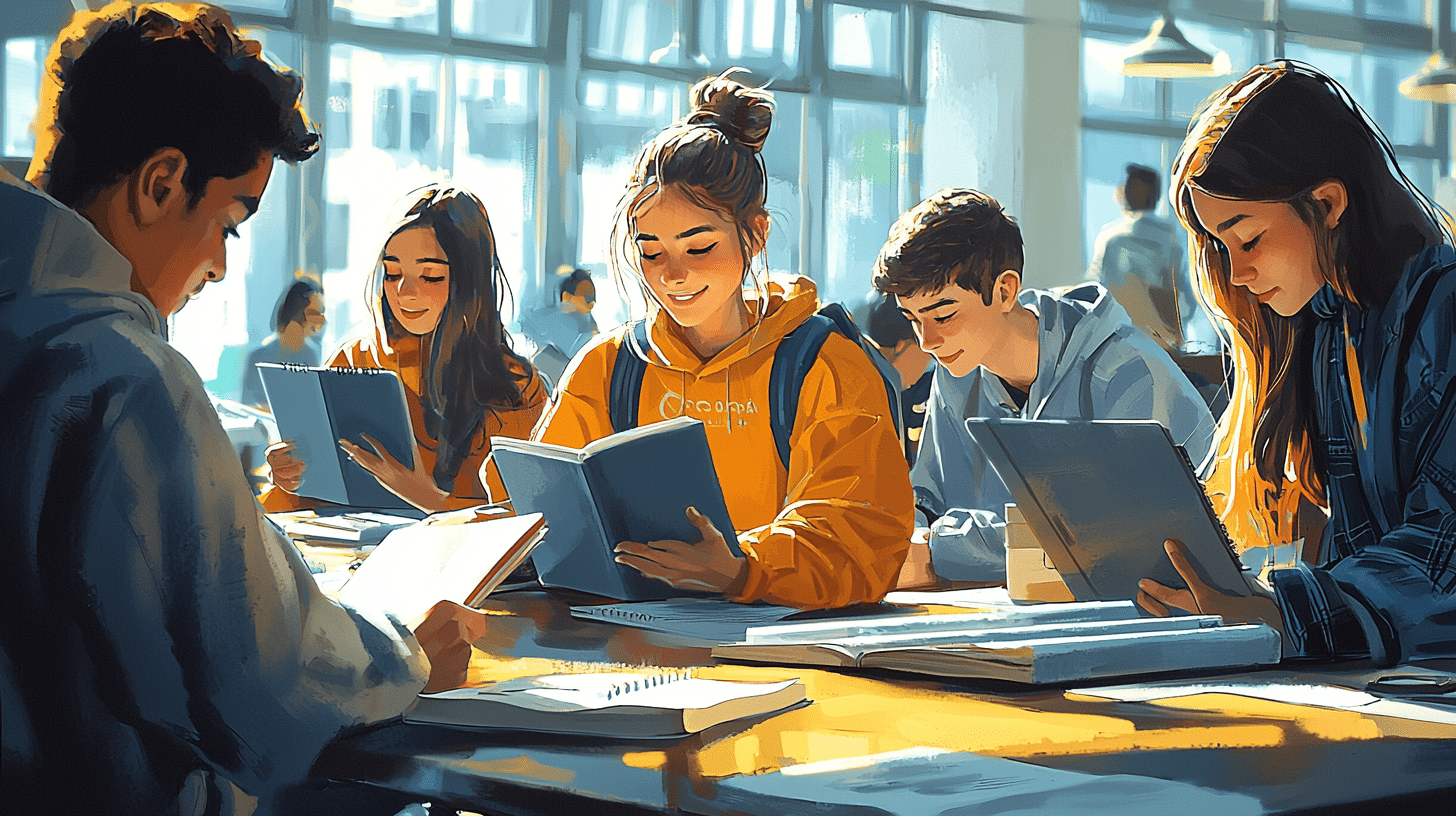Galician, a beautiful language spoken in the northwest region of Spain, offers a unique blend of romance and history. For English speakers, diving into Galician can be a fascinating journey, filled with intriguing differences and delightful surprises. One such interesting pair of words that often catches the eye is “belo” and “balón.” Despite their similar appearances, these words carry very distinct meanings. In this article, we will explore these two terms in depth, providing insights into their usage, etymology, and practical applications.
Understanding “Belo”
“Belo” in Galician translates to “beautiful” in English. This term is used to describe something that is aesthetically pleasing or possesses qualities that evoke admiration. Just like in English, where “beautiful” can describe a wide range of subjects such as a person, a landscape, or an artwork, “belo” in Galician is similarly versatile.
Usage of “Belo”
In everyday Galician, you might hear “belo” in various contexts. Here are some examples:
– “Ela é moi bela.” – She is very beautiful.
– “A paisaxe é bela.” – The landscape is beautiful.
– “Que belo día!” – What a beautiful day!
The word “belo” can also be used in conjunction with other adjectives to enhance its meaning. For example:
– “Belo e elegante” – Beautiful and elegant
– “Belo e fascinante” – Beautiful and fascinating
Etymology of “Belo”
The word “belo” has its roots in Latin, deriving from the word “bellus,” which also means “beautiful” or “pretty.” This Latin root is shared across many Romance languages, leading to similar words in Spanish (“bello”), Portuguese (“belo”), and Italian (“bello”).
Understanding “Balón”
Contrary to “belo,” the word “balón” in Galician translates to “ball” in English. This term is commonly used to refer to various types of balls used in sports and recreational activities.
Usage of “Balón”
Here are some common ways “balón” is used in Galician:
– “Xogamos co balón.” – We played with the ball.
– “O balón de fútbol é redondo.” – The soccer ball is round.
– “Ela lanzou o balón.” – She threw the ball.
Just like in English, “balón” can be specified further depending on the type of ball being referred to:
– “Balón de fútbol” – Soccer ball
– “Balón de baloncesto” – Basketball
– “Balón de voleibol” – Volleyball
Etymology of “Balón”
The word “balón” also traces back to Latin, from the word “ballone,” which means a large ball or sphere. This root has influenced many languages, leading to words like “ballon” in French, “balón” in Spanish, and “ball” in English.
Contextual Differences
Understanding the contextual differences between “belo” and “balón” is crucial for mastering their usage. While they may look somewhat similar, their meanings are worlds apart. Here’s a quick comparison:
– “Belo” (Beautiful): Used to describe aesthetics and qualities that evoke admiration.
– “Balón” (Ball): Used to describe an object used in sports and games.
To illustrate, here are two sentences that highlight these differences:
– “A praia era bela.” – The beach was beautiful.
– “Eles xogaban co balón na praia.” – They played with the ball on the beach.
Common Mistakes and Tips
For English speakers learning Galician, it’s easy to mix up “belo” and “balón” due to their similar spelling. Here are some tips to avoid confusion:
1. **Pay Attention to Context:** Always consider the context in which the word is used. If the conversation is about aesthetics or beauty, “belo” is likely the right choice. If it’s about sports or games, “balón” is the word you need.
2. **Practice with Sentences:** Create sentences using both words to get accustomed to their usage. For example:
– “O xardín é belo.” – The garden is beautiful.
– “O neno ten un balón novo.” – The boy has a new ball.
3. **Visual Associations:** Associate “belo” with images of beautiful things and “balón” with images of balls. This mental visualization can help reinforce the meanings.
Expanding Your Vocabulary
While “belo” and “balón” are just two words, expanding your Galician vocabulary will enhance your language skills significantly. Here are some related words and their meanings:
– **Bonito/a:** Another word for beautiful, often used interchangeably with “belo.”
– **Guapo/a:** Used to describe someone who is handsome or pretty.
– **Pelota:** Another term for ball, typically used in different contexts or regions.
– **Esférico:** A more technical term for a spherical object, often used in sports commentary.
Cultural Insights
Understanding the cultural context of these words can also enrich your learning experience. In Galicia, beauty (belo) is often associated with the region’s stunning landscapes, historic architecture, and cultural heritage. The word “belo” might be used to describe the picturesque coastline, the charming old towns, or the region’s traditional music and dance.
On the other hand, sports play a significant role in Galician culture, making “balón” a frequently used term. Soccer (fútbol) is immensely popular, and you’ll often hear people talking about the “balón” during matches or in casual conversations about sports.
Practical Exercises
To solidify your understanding of “belo” and “balón,” here are some practical exercises:
1. **Sentence Creation:** Write five sentences using “belo” and another five using “balón.”
2. **Translation Practice:** Translate the following sentences into Galician:
– The mountain is beautiful.
– They kicked the ball.
– She has a beautiful smile.
– He bought a new ball.
3. **Listening Exercise:** Listen to Galician music or watch Galician TV shows and try to identify when “belo” and “balón” are used.
Conclusion
Learning a new language is always an adventure, and understanding the nuances of words like “belo” and “balón” can make the journey even more interesting. While they may look similar, their meanings are distinctly different, each adding a unique flavor to the Galician language.
By paying attention to context, practicing regularly, and immersing yourself in the culture, you’ll find that these words—and many others—will become a natural part of your Galician vocabulary. So, the next time you describe a beautiful sunset or talk about a soccer game in Galician, you’ll do so with confidence and clarity. Happy learning!

